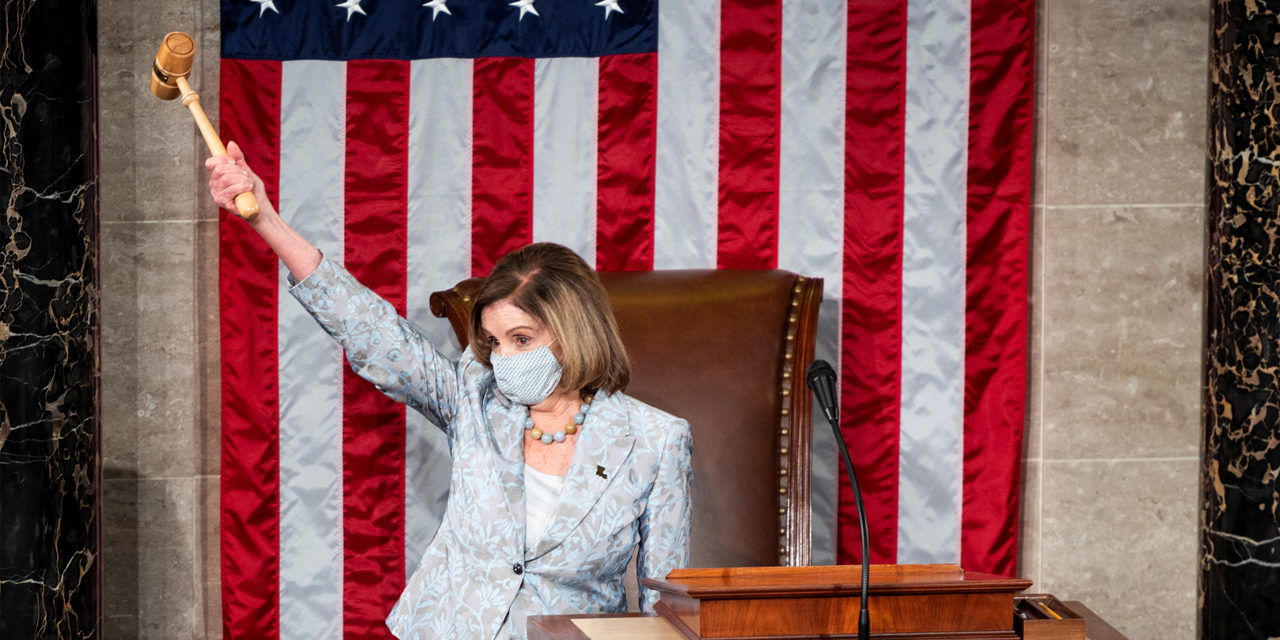Over the weekend, the Democrat-led Congress proposed several new rules for the coming 117th session, including adopting gender-neutral language and eliminating the so-called “gotcha” loophole that allows the minority party, in this case the Republicans, to present motions on bills that they oppose.
These new rules reflect the increasing influence of progressive ideals in the party and the desire to minimize minority interference.
The decision to include “gender-inclusive language” is reflected in the new 45-page Rules of the House of Representatives. Official documents will now remove any mention of “father, mother, son, daughter, brother sister, uncle, aunt, first cousin, nephew, niece, husband, wife, father-in-law, mother-in-law, son-in-law, daughter-in-law, brother-in-law, sister-in-law, stepfather, stepmother, stepson, stepdaughter, stepbrother, stepsister, half-brother, half-sister, grandson or granddaughter.” Instead, Congress can use “parent, child, sibling, parent’s sibling, first cousin, sibling’s child, spouse, parent-in-law, child-in-law, sibling-in-law, stepparent, step-child, stepsibling, half-sibling, or grandchild.”
This change has been praised by newly-reelected House Speaker Nancy Pelosi, who said, “Democrats have crafted a package of unprecedented, bold reforms, which will make the House more accountable, transparent and effective in our work to meet the needs of the American people.
“These future-focused proposals reflect our priorities as a caucus and as a country—including crushing the coronavirus, addressing economic disparity, combating the climate crisis, advancing inclusion, and promoting integrity in government.”
House Minority Leader Kevin McCarthy, R-Calif., provided a brief and concise retort of the new rules, writing on Twitter, “This is stupid. Signed, -A father, son, and brother.”
Ironically, this new language makes Nancy Pelosi’s historic win in 2006 as the first female Speaker of the House moot since gender identification in the chamber no longer exists. Though at the time, Pelosi said, “I’m just excited that it would be a Democratic speaker, but the fact that it would be woman is also pretty exciting to me.”
It also makes Vice President-elect Kamala Harris’ win as the first female vice president also rather non-historic, as again women seemingly no longer exist in the Democrat party. Whether or not the liberal party sees the irony is unclear.
The other significant change is that the Democrat party has removed the ability of Republicans to use what is called The Motion to Recommit or the “gotcha” option, which “provides one final opportunity for the House to debate and amend a measure” and is “a prerogative of the Minority party.” When used it is occasionally successful at switching the votes of some Democrat members and does show divisions within the party—however, most of the time this tactic fails to impact legislation.
This change, like the change to simple majority for some votes in the Senate first instituted by the Democrats, allows the party in control of the chamber to dominate and provides fewer options for the minority party to object. It’s another sign of the increasingly partisan atmosphere in Washington.
Photo from POOL/REUTERS






